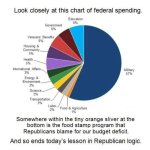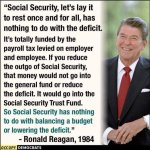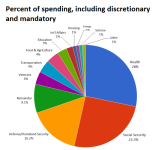Technically he co-founded Microsoft with Bill Allen, and they created 2 jobs, filled by Allen and Gates. Neither was rich at the time, and at the end of the second year in business, Microsoft revenues totaled a whopping $16,005. Two years later, when they moved from New Mexico to Washington, the company was 13 employees strong.
Technically, Apple was founded as a partnership between Steve Jobs, Steve Wozniak, and Ronald Wayne. None of them were rich at the time, and in fact Steve Jobs' father was a Muslim Syrian immigrant, you know, one of those poor brown people from the wrong religion who will destroy our country if we let them in. Anyway, they created two jobs, one for each of the Steve's, with Ronald Wayne acting as an advisor.
I don't know as much about the history of Facebook, but I would assume it was a similar story and he created all of a job or two. Although he was from an upper middle class family, and was Harvard educated, they certainly were not in the 1% of uber wealthy Americans.
Competition in the free market is the best thing about capitalism, Keith.
Sure, but what does that have to do with rich people creating jobs, since none of the people in your example were rich when they started their business ventures, and they initially created very few jobs?



